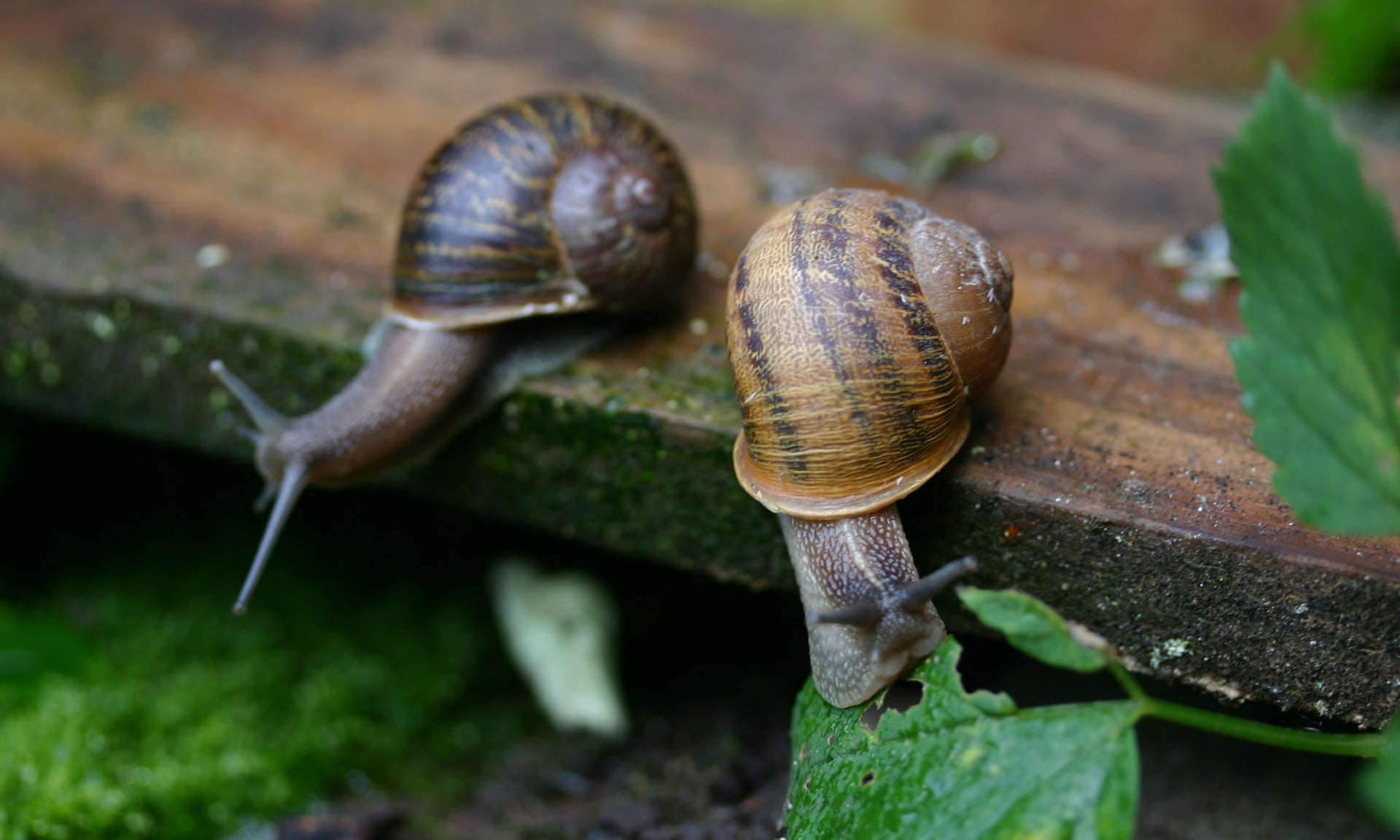| Halal cosmetics: A growing global market but disparate certification systems | Writer : 관리자(@) Date : 17.06.26 Hits : 1610 |
|---|---|
Once limited to food products, halal certifications have gradually extended to flavours and to personal care products andcosmetics. As Muslim consumers become increasingly conscious with this issue, the growing halal cosmetics market iscatching the attention of leading beauty and personal care companies. For brands eager to tap into the beauty markets inMiddle East and South Asia (Malaysia, Indonesia, Pakistan, India and Bangladesh the halal certification is a must."When an animal-based product isn’t halal (”allowed“in Arabic), or contains alcohol, it’s not only forbidden to consume it,
but it’s also considered to be impure: you cannot use it on your face, or your skin,” said Shaikh Ali Achcar, manning the
stand of the Swiss-based Halal Certification Services (HCS) at the in-cosmetics tradeshow, which was held in Paris.
 Slow but not very sure … two snails in waiting. Photograph: University of Nottingham/PA
In a never-ending quest to find a miracle product to hold back unforgivable wrinkles and banish your hideous
over-twentysomething skin, cosmetics companies may have unearthed the magic ingredient: snail slime.
The demand for it is certainly growing, with reports that snail farming in Italy has increased by more than
325% over two decades, with 44,000 tonnes of snails produced every year. “In the last 10 months alone,
we’ve seen a 46% increase in snail slime, due to demand from the cosmetics industry,” Simone Sampo,
the president of Italy’s National Heliciculture (that’s snail farmers) Association, told the Telegraph.
Snails as skincare have been around since the ancient Greeks, who apparently used them crushed as an ointment, but in more recent years, products have been including the slime with claims that it can help heal acne and reduce wrinkles. In 2013, inspired by treatments in east Asia, you could pay to have snails slither o ver your face at one spa in Northamptonshire (this facial is no longer offered). Marginally less yucky, other salons offer facials where the skin is pricked with tiny needles before a serum containing snail secretions is applied. You can also buy skin products containing mollusc slime. However, the evidence for snail slime’s effectiveness is not particularly compelling. One study found it could treat burns, while others have suggested it might reduce warts, but these were small-scale studies. “I’m not aware of any good clinical studies that demonstrate how or indeed if snail slime works as an anti-ageing ingredient ? the skin is an excellent barrier, after all,” says Dr Sam Bunting, a cosmetic dermatologist. “Another issue is that these are living creatures, so how do you control potency, given the likelihood of variation from one organism to another?” Snail slime is said to contain the kind of ingredients you see listed on some skincare products such as hyaluronic acid and collagen. It is, says Colin Sanders, a cosmetic blogger, “likely to be rich in water-soluble biopolymers such as polysaccharides and proteins”. He has tried snail slime (in a gel). “It worked pretty well, actually. Basically, it’s the oldest trick in the book. Most water-soluble biopolymers tend to shrink on drying, and in doing so they tighten up the skin. Egg white would probably work as well as snail slime. The natural ones do seem to work better than synthetics, but you’d get the same effect from wallpaper paste.” Original -> https://www.theguardian.com/fashion/shortcuts/2017/feb/06/snail-slime-beauty-products-worth-shelling-out#img-1 |
|
| Prev | Corbion PATIONIC additive granted halal certification |
| Next | How halal meat became big business |
| List |